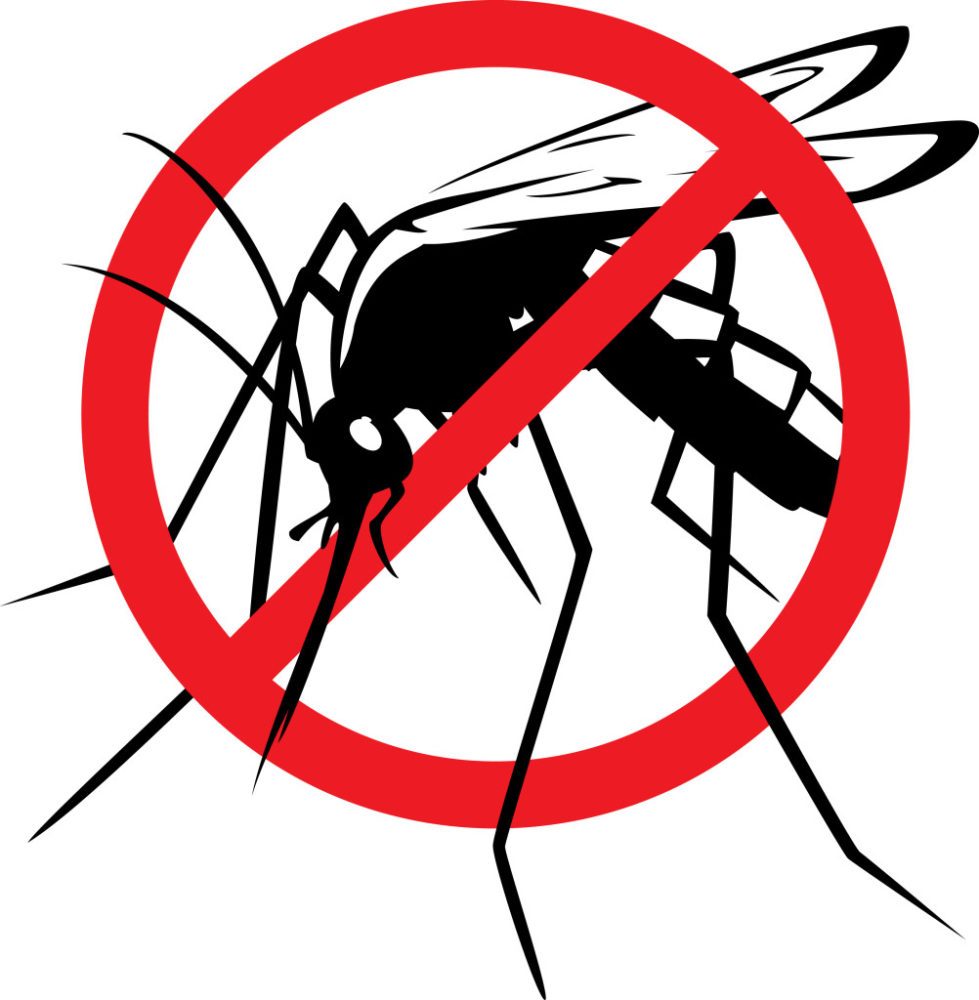The CDC has released a Health Advisory regarding the Zika Virus in persons who are returning from Central America, South America, the Caribbean, Mexico and Miami, Florida.
What is Zika virus?
Zika Virus is a mosquito-borne flavivirus primarily transmitted by Aedes aegypti mosquito. At this time, local spread of the virus in some areas of the continental United States are being investigated by the CDC and monitored closely.
Key Facts:
- Zika virus is spread to people from the bite of a mosquito. Zika can also be passed through sex; even if the person is has no symptoms. You should use condoms (and other barriers to protect against infection) to reduce the chance of getting Zika from sex-even if already pregnant.
- Couples should consider using condoms or not having sex for at least 8 weeks after travel to an area with Zika
- Zika can cause serious birth defects in babies born to women infected with Zika virus during pregnancy.
- There is no known vaccine or treatment for Zika. At this time treatment is supportive and can include rest, fluids, analgesics and antipyretics.
Prevention:
- Avoid mosquito bites.
- Use air conditioning or window and door screens when indoors.
- Wear long sleeves and pants, and use insect repellents when outdoors
- Mosquito netting can be used to cover babies under 2 months old in carriers, strollers or cribs to protect them from mosquito bites.
- Most repellents, including DEET, can be used on children older than two months. Pregnant and lactating women can use all Environmental Protection Agency (EPA)-registered insect repellents, including DEET, according to the product label.
- Do NOT use products containing oil of lemon eucalyptus (OLE) or para-menthane-diol (PMD) on children under age 3
- Take steps to control mosquitoes in and around your home.
CDC advisory for Women related to pregnancy:
- All pregnant women who live in or traveled to areas with Zika should get routine prenatal care.
- Pregnant women with symptoms of Zika (fever, rash, joint pain, red eyes) and live in or traveled to areas with Zika should be tested as soon as symptoms appear.
- Pregnant women that have lived in or traveled to areas with Zika but have no symptoms of Zika should be tested at the start of prenatal care and again halfway through the second trimester (18-20 weeks)
- Be sure to talk to your healthcare provider about Zika if pregnant (or planning to become pregnant) and the potential risk of being exposed to Zika
If you suspect you have the Zika Virus:
- Talk to your doctor if you develop a fever with a rash, joint pain, or red eyes. Tell your doctor about your travel.
- Take acetaminophen to relieve fever and pain. Avoid Aspirin or Aspirin containing products. Avoid NSAIDS (such as Ibuprofen).
- Get plenty of rest and drink plenty of fluids.
For more information please go to http://www.cdc.gov/zika/






